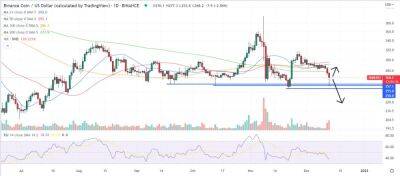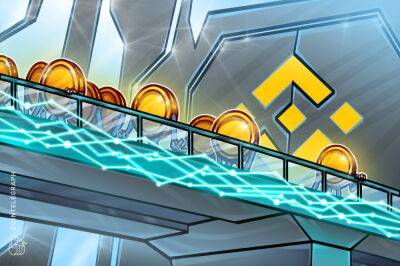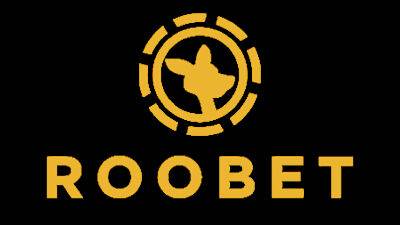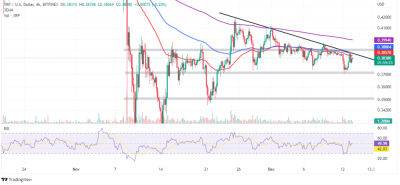Quantum computers have their flaws and won’t solve everything. But they’re still revolutionary
The potential of quantum computing has been hailed as revolutionary, able to change the way everything in our world works by finding solutions exponentially faster than today’s most powerful supercomputers.
But as executives calculate the potential revenues quantum could generate and journalists scramble to find simple ways to explain the complex processes behind it, quantum physicists have grown increasingly frustrated by a lack of understanding of their field.
“Quantum computing is actually very different from our regular computing,” quantum physicist Shohini Ghose, a professor at Wilfrid Laurier University in Canada, told Euronews Next.
“It's not just that this is a more powerful version of what we have today. It's actually an entirely different framework for computing itself”.
That framework is hard to explain with simple analogies and familiar benchmarks.
A quantum computer is not X times more powerful than a normal computer. It’s not the Real Madrid to your child’s football team. A quantum computer is playing an entirely different game.
“It's not the case that a quantum computer is better at every task and will somehow speed up everything we do,” Ghose said.
“There are very specific tasks that a quantum computer can actually do in ways that are better”.
Normal computers – from the ones we use at work to the record-breaking Frontier supercomputer – work by converting information to binary digits (ones and zeroes), known as bits. They process long strings of these bits, called code, and use simple mathematics to tell that code what to do.
A quantum computing framework is based on a different basic unit of information, called a quantum bit, which operates on a principle called superposition.
“Imagine a situation where our bit
Read more on euronews.com


















